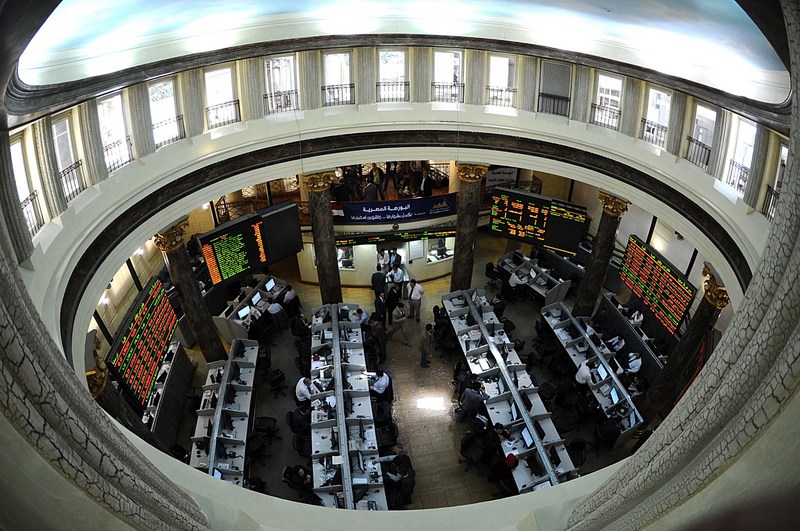Egypt’s Ministry of Higher Education and Scientific Research is prioritizing digital transformation and integrating artificial intelligence (AI) into its system, according to Minister Ayman Ashour. The project has received EGP 10bn in funding and aligns with the national strategy for higher education and scientific research.
Ashour outlined the project’s six main focuses: establishing smart university campuses, conducting electronic tests, implementing electronic platforms and gates, developing infrastructure, building learning management systems, and enhancing university educational content. The project has received EGP 10bn in funding.
The minister highlighted the government’s recent focus on strengthening science and technology in universities, particularly computer science, information technology, and AI. This emphasis is reflected in the significant increase in the number of colleges specializing in these fields, reaching 91 across Egyptian universities.
These colleges are distributed across various institutions:
- 26 in 27 public universities
- 20 in 32 private universities
- 15 institutes of computers and information in private higher institutes
- 10 colleges in universities established by international agreements and branches of foreign universities
Ashour emphasized that this expansion supports Egypt’s Vision 2030, which aims to transform the country into a regional hub for innovation and technology. It also addresses the growing job market demand for graduates with these high-skill specializations, including software development, data analysis, cybersecurity, information networks, and robotics. This growth is seen as a positive step towards solidifying Egypt’s position in these fields on a regional and international scale.
The higher education sector has witnessed a surge in student enrollment in computer science, information technology, and AI programs. The diverse range of institutions – public, private, international agreements, and private institutes – allows students to choose the program that best suits their needs and capabilities. Notably, the number of students enrolled in these specializations has reached 104,350, indicating their increasing popularity.
Sherif Kishk, Assistant Minister for Smart Governance, provided examples of how AI is being utilized. He mentioned a project using machine learning, classification, and field verification to identify strategic crops, implemented for wheat cultivation in Fayoum Governorate. Additionally, a smart irrigation system has been developed to control and reduce water usage for rice crops, saving 30-40% of water without impacting productivity.
Kishk further elaborated on funded research projects related to AI, such as the Smart Agricultural Clinic project, which leverages AI applications to diagnose animal diseases.
Adel Abdel Ghaffar, the ministry’s media advisor and official spokesperson, reiterated that these efforts align with the national strategy and demonstrate the Egyptian state’s commitment to supporting science and technology as crucial drivers of sustainable development and future job market needs. He also acknowledged the growing interest in digital transformation and AI as tools to enhance Egypt’s higher education and scientific research system.



